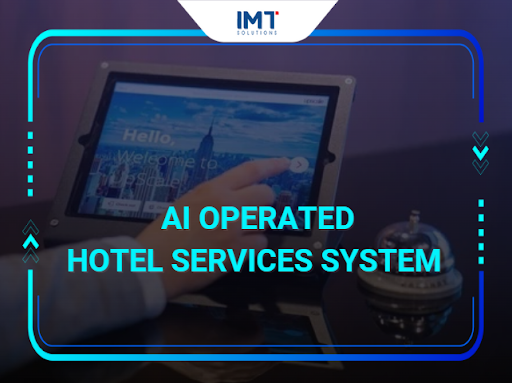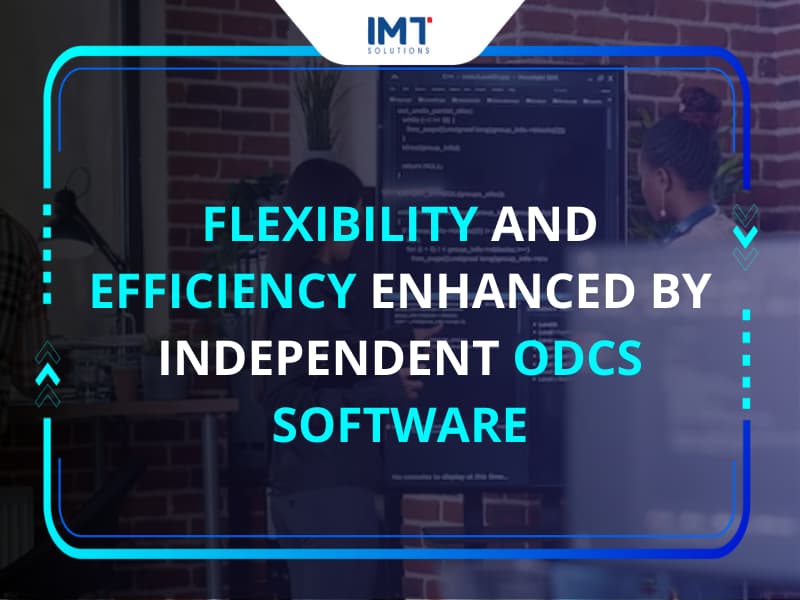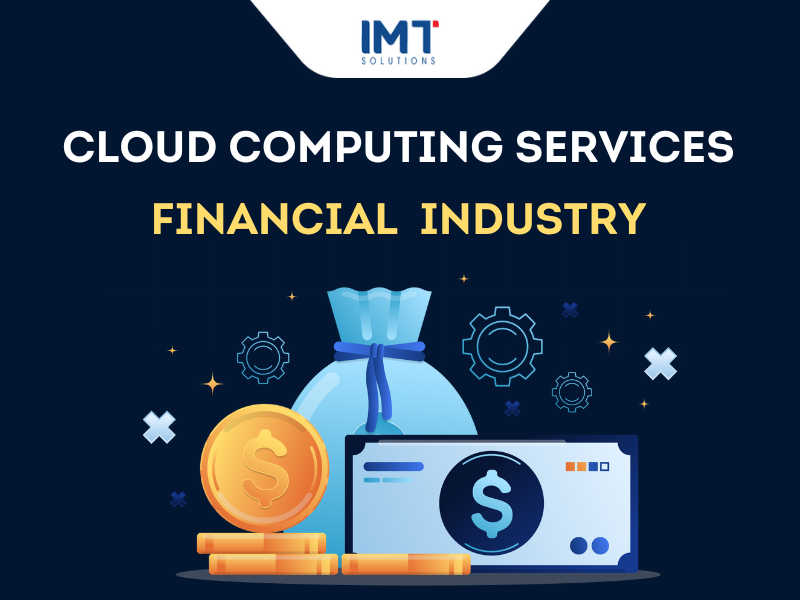フィンテッククラウ
ドが金融サービス
の進化に与える影響
フィンテッククラウドを活用して戦略的優位性を獲得
今日のダイナミックなフィンテック業界において、クラウド技術の統合は、金融サービスの提供、アクセス、体験の方法に革命をもたらすゲームチェンジャーとして際立っています。最近の業界レポートによると、世界のフィンテック市場は2026年までに3000億ドルを超える驚異的な評価額に達すると予測されています。この成長は、デジタライゼーションの進展、消費者嗜好の変化、そして絶え間ないイノベーションの追求によって推進されています。同時に、フィンテック分野におけるクラウドソリューションの採用は前例のない急増を見せており、金融機関の大多数が俊敏性、拡張性、運用効率を高めるためにクラウドベースのプラットフォームを採用しています。

このような急速な成長と変革を背景に、この記事では、フィンテック業界におけるクラウド技術適用の大きな影響について探っていきます。業界調査や実際の事例から得られた知見を活用することで、クラウド技術がフィンテックの状況をどのように再構築しているのか、その微妙な差異を理解することを目指します。シームレスなコラボレーションやデータに基づく意思決定の促進から、迅速な製品開発や市場拡大の実現に至るまで、クラウドソリューションの戦略的採用は、世界中のフィンテック企業にとって成功の礎となっています。
フィンテックが進化を続け、従来の金融サービスに破壊的変化をもたらす中で、クラウド技術の戦略的統合は、金融の未来を形作り、イノベーションを推進し、企業と消費者の双方に比類のない価値を提供する上で、間違いなく中心的な役割を果たすでしょう。

フィンテッククラウドを探る:クラウド技術による金融サービスの進化
ダイナミックなフィンテック業界において、「フィンテッククラウド」とは、クラウドコンピューティング技術を戦略的に活用し、金融サービスの提供とアクセスを強化することを指します。この用語は、クラウドベースの多様なソリューションを包含しており、銀行、決済、保険、資産運用などの分野における金融機関の特定のニーズに応えます。 フィンテッククラウドコンピューティングにより、企業はインターネット上のリモートサーバーを通じてデータ、アプリケーション、サービスにアクセスし、保存することが可能になります。これにより、オンプレミスインフラの必要性がなくなります。
フィンテッククラウドは、単一のツールやサービスではなく、包括的なアプローチを表します。このアプローチでは、インターネット上のリモートサーバーを活用して、金融データやアプリケーションの保管、管理、処理を行います。クラウドを活用することで、フィンテック企業は業務を効率化し、スケーラブルなソリューションを提供できます。また、データセキュリティを確保し、規制を遵守することも可能です。 クラウド技術の戦略的な活用は、フィンテック企業が従来の制約を超えることを可能にします。デジタル金融エコシステムにおける業務の俊敏性を高め、イノベーションを促進します。その結果、成長を促進し、企業と消費者の双方にさらなる価値を提供します。
現代社会におけるフィンテッククラウドの台頭
フィンテッククラウド市場は急速に拡大しています。この成長を牽引しているのは、金融セクターにおける俊敏性、コスト効率、スケーラビリティに対する需要の高まりです。近年見られるクラウド導入の増加は、この成長を裏付けています。技術の進歩、接続性の向上、進化する規制の枠組みが、この導入を促進しています。金融機関は、イノベーションを推進し、俊敏性を向上させ、業務を効率化するためにクラウドに目を向けています。この競争の激しい状況下で、既存のテクノロジー企業と新興のフィンテックスタートアップの両方が市場シェアを争っています。

あるレポートによると、クラウドコンピューティング銀行市場は2022年に679億ドルと評価され、2032年までに3010億ドルに達すると予測されており、2023年から2032年までの年間複合成長率(CAGR)は16.3%となっています。 フィンテックにおけるクラウド導入が拡大し続ける中、企業はセキュリティ、コンプライアンス、コラボレーションを優先事項としています。これにより、金融とテクノロジーの融合から生まれる機会を活用することができます。フィンテッククラウドサービスプロバイダーはこの変革の最前線に立っており、金融機関の独自のニーズに合わせて革新的なソリューションを提供しています。
Exploring the Pros & Cons
Pros:
Cost savings and scalability:
Fintech Cloud offers cost-effective alternatives to traditional IT infrastructure, enabling financial institutions to reduce capital expenditures and optimize operational expenses. Fintech cloud computing offers the flexibility to scale infrastructure and services based on demand, minimizing both capital expenditure and maintenance costs while providing unparalleled scalability, allowing businesses to seamlessly expand their operations and adapt to evolving market demands.
Agility and innovation:
Cloud-based solutions enable fintech firms to quickly develop and deploy innovative products and services. This reduces time to market and gains a competitive edge. Fintech Cloud fosters a culture of innovation. It empowers organizations to experiment with new technologies, develop innovative products, and deliver enhanced customer experiences.
Enhanced security and compliance:
Cloud service providers offer advanced security measures and compliance frameworks. These frameworks address the regulatory requirements of the financial industry. Additionally, fintech cloud computing offers unmatched flexibility. It enables financial institutions to rapidly deploy new services, scale resources on-demand, and respond swiftly to changing market dynamics. Cloud fintech migration strategies play a crucial role in this process. They facilitate the seamless transition of financial operations to the cloud, ensuring minimal disruption and maximizing the benefits of cloud adoption.
Cons:
Security Concerns:
Despite significant advancements in cloud security, persistent worries linger around data privacy, regulatory compliance, and the looming threat of cyber attacks. Financial institutions handling sensitive customer data on cloud platforms face heightened concerns about unauthorized access, potential data breaches, and vulnerabilities. Ensuring compliance with regulatory standards, such as GDPR or PCI DSS, adds another layer of complexity to cloud security measures. Fintech cloud computing poses specific challenges in addressing these security concerns, requiring robust measures to safeguard sensitive financial data.

Dependency on Service Providers:
The reliance on third-party cloud providers introduces a range of dependencies and associated risks. Financial institutions are vulnerable to service disruptions, potential data breaches, and the risk of vendor lock-in. This reliance raises concerns about the control and ownership of data, particularly when cloud services are hosted across different regions or jurisdictions. Mitigating these risks requires careful consideration of service-level agreements and contingency plans in the event of provider failures. Financial institutions must assess the capabilities and reliability of cloud services providers before entrusting them with critical financial data and operations.

Regulatory Compliance:
Maintaining regulatory compliance is paramount in Fintech Cloud adoption. Stringent requirements govern data protection, privacy, and jurisdictional compliance. Financial institutions must navigate a complex regulatory landscape. They must ensure adherence to industry-specific standards and regulations. Failure to comply with these requirements can result in severe penalties. It can also lead to legal repercussions and reputational damage. This highlights the importance of robust compliance frameworks. Cloud fintech migration strategies should include comprehensive compliance assessments. These assessments ensure alignment with regulatory requirements across different geographical regions and jurisdictions.

Integration Challenges:
Integrating cloud-based solutions with existing legacy systems presents significant technical challenges for financial institutions. Legacy systems often feature disparate architectures and data formats, complicating seamless integration with cloud platforms. Overcoming these integration hurdles demands meticulous planning, specialized expertise, and investment in integration frameworks. Moreover, complexities may arise during the migration process, including data transformation, application compatibility, and managing downtime, necessitating careful execution and risk mitigation strategies.

フィンテッククラウドの実際:実世界の事例
- オープン バンキングと API: オープン バンキング フレームワークと API の導入により、フィンテック企業はクラウド サービス プロバイダーと連携し、その専門知識、インフラストラクチャ、セキュリティ対策を活用してシームレスな統合を実現し、強化された金融サービスを顧客に提供できます。
- 高度な分析と Al: クラウド フィンテック コンピューティングは、高度な分析と Al 主導の洞察に必要な計算能力とストレージ機能を提供し、フィンテック企業がパーソナライズされた金融ソリューションを提供できるようにします。
- コラボレーションとパートナーシップ: フィンテック企業は、クラウド サービス プロバイダーと協力し、そのリソースとセキュリティ対策を活用してイノベーションを促進し、市場範囲を拡大することで、さらにイノベーションを進めることができます。
- ビジネス向けのスケーリング: クラウド サービス プロバイダーは、ビジネスのスケーラビリティに関する比類のない機会を提供します。金融機関は、クラウドベースのインフラストラクチャを活用して業務を拡大し、新しい市場にアクセスし、持続可能な成長を推進できます。 Fintech Cloud は、動的なリソース スケーリング、パフォーマンスの最適化、新製品やサービスの市場投入までの時間の短縮により、急速に進化する金融環境におけるシームレスなビジネス拡大を促進します。
プライバシー、セキュリティ、リカバリ:
プライバシー、セキュリティ、リカバリは、フィンテックの領域における懸念の中心的な柱です。すべてのクラウド サービス プロバイダーは、顧客データの保護、サイバー脅威からの保護、混乱時のビジネス継続性の確保において、重大な課題に直面しています。
- プライバシー: フィンテック企業にとって、顧客データのプライバシーを維持することは最重要です。プライバシーが侵害されると、法的影響や顧客の信頼の喪失など、重大な結果につながる可能性があります。すべてのクラウド サービス プロバイダーは、厳格なプライバシー基準と規制を遵守し、堅牢な暗号化とアクセス制御を実装して機密情報を不正なアクセスや開示から保護する必要があります。
- セキュリティ: フィンテック企業は、貴重な財務データを扱うため、サイバー攻撃の主な標的となります。セキュリティ侵害は、重大な経済的損失、風評被害、規制上の罰金を引き起こす可能性があります。これらのリスクを軽減するために、クラウド サービス プロバイダーは、ネットワーク セキュリティ、エンドポイント保護、脅威検出システムなどの包括的なセキュリティ対策を実装する必要があります。脆弱性を特定し、進化するサイバー脅威に対する防御を強化するには、定期的なセキュリティ評価と監査が不可欠です。
- リカバリ: セキュリティ インシデントやシステム障害が発生した場合、業務運営や顧客の信頼への影響を最小限に抑えるためには、迅速なリカバリが非常に重要です。 Fintech クラウド サービス プロバイダーは、サービスとデータの整合性をタイムリーに復元できるように、堅牢なデータのバックアップと復元戦略を導入する必要があります。これには、冗長システム、自動バックアップ プロセス、災害復旧計画の導入が含まれます。定期的なテストとシミュレーションは、これらの回復手段を検証し、現実のシナリオに確実に対応できるようにするのに役立ちます。
IMT –フィンテッククラウドソリューションの信頼できるパートナー
金融情勢は急速に変化しています。レガシー IT システムはイノベーションや競争を妨げる可能性があります。そこで IMT ソリューションの出番です。私たちは金融業界向けの Fintech クラウドの専門家です。当社の安全でスケーラブルなクラウド プラットフォームは、お客様が最も得意とすること、つまりイノベーションを実行できるようにします。 時代遅れのインフラストラクチャの管理ではなく、新しい金融商品やサービスの開発に重点を置きます。 IMT の専門家チームには、中断を最小限に抑えて金融機関をクラウドに移行した実績があります。








